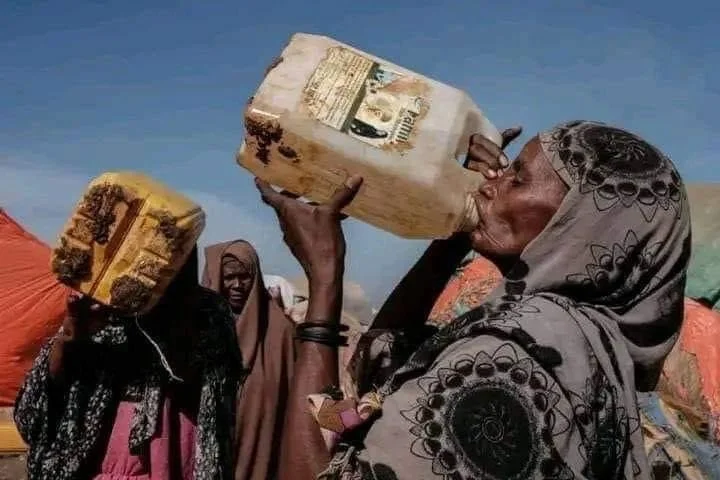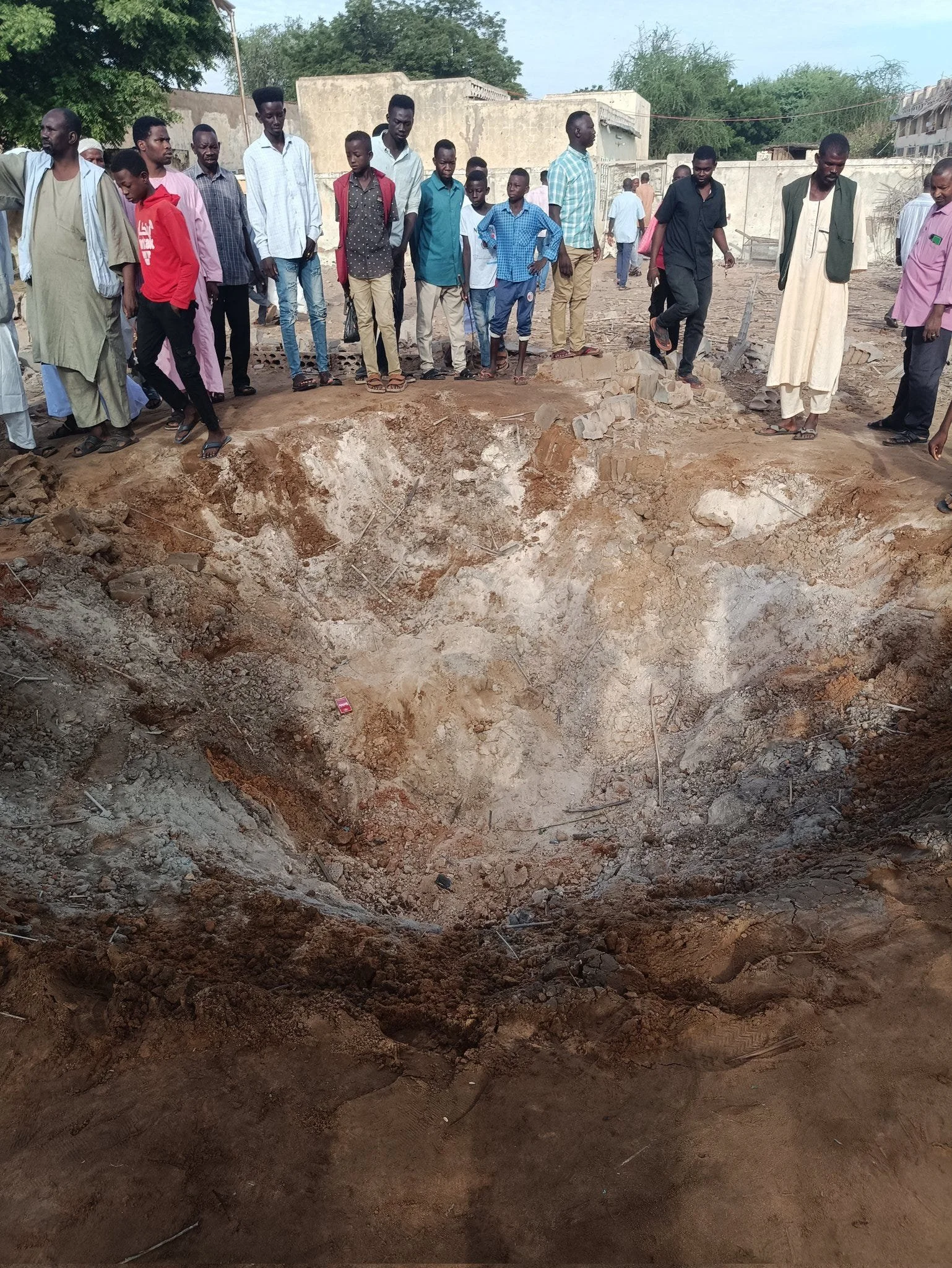100 Famine Deaths Per Day in Sudan
The Impact of War on Sudanese Refugees: A Call for Global Action
In a poignant article by Niveen Wahish, the devastating impact of the ongoing conflict in Sudan on those fleeing the violence is brought into sharp focus. The war has not only torn apart families and communities but has also created a humanitarian crisis of staggering proportions. As the conflict drags on, the prospects for Sudanese refugees seeking safety and a new life abroad grow increasingly bleak.
News Article: No strangers to Egypt
One of the most troubling aspects of the situation is the severe food insecurity facing those who remain in Sudan. According to a recent report by the United Kingdom Mission to the United Nations, a staggering 100 people are dying of starvation every day in the country. This is a crisis-driven entirely by the man-made conflict, as highlighted by Ambassador James Kariuki, UK Deputy Permanent Representative to the UN, during a recent UN Security Council meeting. The Famine Review Committee’s data paints a grim picture, confirming that famine has taken hold in Sudan, with no end in sight as the war continues to ravage the nation.
For those who have managed to escape the immediate violence, life is far from easy. Many Sudanese refugees who have fled to neighbouring Egypt find themselves in a precarious situation. Financially drained and with limited prospects for resettlement in a third country, they are often forced to consider the unthinkable—returning to a homeland still engulfed in conflict.
The Malak Foundation staff are working tirelessly to find solutions for Sudanese refugees. The foundation is actively lobbying decision-makers worldwide, including the Australian government, to open pathways for Sudanese refugees, particularly those with family ties in Australia. These efforts are crucial in providing some semblance of hope to those who have lost everything.
The Malak Foundation is also encouraging Sudanese citizens to apply for study visas and skilled worker visas, offering them a chance to rebuild their lives in a safe and supportive environment. Additionally, the foundation has proposed a community sponsorship program aimed at facilitating the entry of skilled Sudanese individuals into Australia. This program not only addresses critical skill shortages in the region but also offers refugees opportunities for professional development and employment, helping them to regain their dignity and purpose.
Another initiative by the Malak Foundation focuses on fostering innovation among African graduates who have been impacted by the war. By providing targeted support in partnership with African Science Frontiers Initiatives (ASFI) to those with innovative research ideas, the foundation hopes to empower a new generation of thinkers and leaders who can contribute to the rebuilding of their war-torn country.
However, these efforts, while vital, are only a temporary solution. The real answer lies in ending the war in Sudan. Until the conflict is resolved, the cycle of displacement, poverty, and despair will continue, leaving countless individuals with no choice but to seek refuge in foreign lands or, worse, to return to a devastated homeland with little hope for the future.
In the meantime, we are grateful for the support provided by both local and international decision-makers. Victorian Member of Parliament Sarah Connolly and the state government have been instrumental in supporting the local community in Victoria. Additionally, the Hon. Tim Watts, Assistant Minister for Foreign Affairs, has backed the international humanitarian program and secured financial support on behalf of the Australian government. We also appreciate the support of Adam Bandt, Leader of the Australian Greens, who addressed the current conflict in a speech to parliament. We deeply value all efforts to end the war and provide assistance to those most vulnerable.
The situation in Sudan is dire, and the international community must act swiftly to provide relief to those affected by the conflict. As the Malak Foundation continues its advocacy and support for Sudanese refugees, it is clear that global collaboration and sustained pressure on decision-makers are essential to bring about meaningful change.
Only by working together can we hope to alleviate the suffering of the Sudanese people and pave the way for a brighter, more peaceful future.


